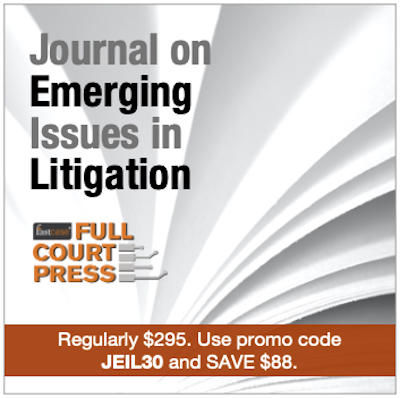International Discovery Tool Kit Aims to Facilitate Discovery in Both Domestic and Foreign Litigation
“At a time when litigants have increasingly relied on U.S. federal courts to obtain otherwise unobtainable evidence from entities located within the United States, the U.S. Supreme Court has decisively closed the door to U.S.-style discovery in private arbitrations abroad. That means U.S. companies will no longer face the time, exposure, and expense of U.S.-style discovery that § 1782 had injected into those proceedings.“
Abstract: Business knows no borders. Every year companies increase their global reach and open new offices both domestically and abroad. The COVID-19 pandemic accelerated this process—remote employees spread documents and witnesses from Chicago to Shanghai to Sumatra. This has made litigation—especially discovery—more complex. Navigating this environment requires a tool kit of resources to secure discovery in support of both domestic and foreign litigation. This article discusses those tools and several traps for the unwary practitioner facing cross-border discovery to anticipate to effectively use those tools to their benefit.
When evaluating whether to allow a party to use the Hague Evidence Convention, courts consider several factors, including:
1) the importance of the documents or information to the case,
2) the specificity of the request,
3) whether the information originated in the United States,
4) the availability of other ways to secure the information, and
5) whether compliance with the request would undermine important interests of the United States or the foreign country.




